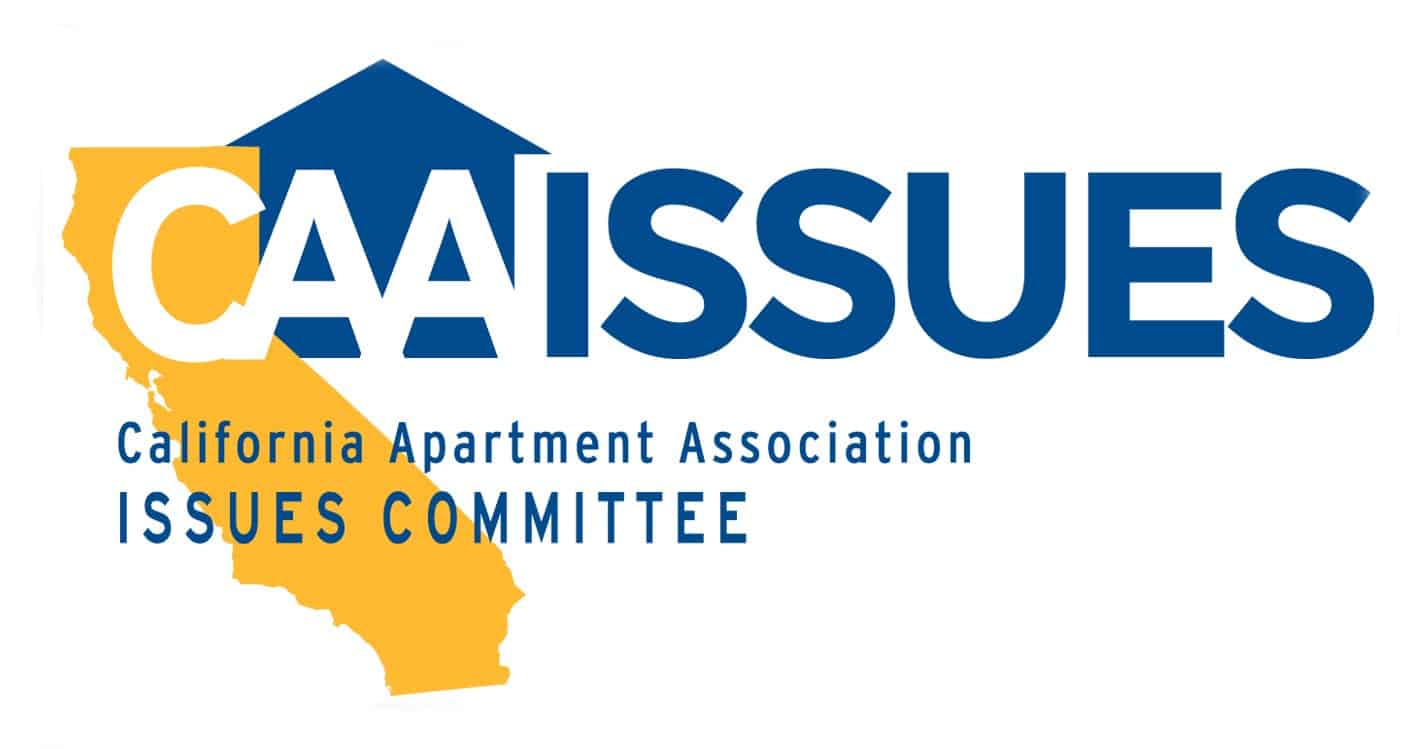For many rental housing providers, July 1, 2020, may be a significant date.
Under AB 1482, the state’s new rent cap and just-cause-for-eviction law, July 1 triggers additional notice requirements in new and renewed rental agreements. The start of the second half of the year also triggers additional recycling requirements for some businesses and opens the door to enforcement of the state’s new data-privacy law.
AB 1482: requirements for rental agreements
AB 1482, also known as the Tenant Protection Act of 2019, took effect Jan. 1 of this year and imposes rent caps and just-cause requirements on most residential rental properties in the state. Below, you’ll find specific requirements that apply to tenancies that start or renew on or after July 1, 2020:
- If the unit is exempt from AB 1482 because it is separately alienable from other units (e.g., a single-family home or condo) and not corporately owned, the rental agreement must include a specified statement regarding the exemption. CAA’s rental agreements include the requisite statement. Alternatively, the exemption can be included in an addendum to the agreement using CAA’s Exemption from AB 1482 Addendum (Form CA-096).
- If the unit is subject to AB 1482’s just-cause for eviction provisions, the landlord must provide a specified notice regarding the AB 1482 protections to the tenant as an addendum to the agreement. CAA’s Notice of AB 1482 Addendum (Form CA-097) provides that notice.
- If the unit is subject to AB 1482’s just-cause for eviction provisions, the landlord does not have the ability to terminate the tenancy to move into (or to allow certain family members to move into) the unit unless the tenant consents or certain language is included in the rental agreement. The Owner Move-in Under AB 1482 Addendum (Form CA-095) can be used to add to required language to the lease or rental agreement.
For month-to-month tenancies, any of the addenda mentioned above can be incorporated into the rental agreement by sending Form CA-152 Notice of Change of Terms of Tenancy with the addendum attached. For more information, including determining whether AB 1482 applies to your property and whether the tenancy at issue is protected by AB 1482’s just-cause provisions, visit www.caanet.org/ab1482/.
CAA also has a webinar that explains the rent control and just-cause provisions of AB 1482 and provides a step-by-step guide to compliance. Click the button below to register.
California Consumer Privacy Act enforcement
The California Consumer Privacy Act (CCPA), the most sweeping data privacy law in the nation, went into effect on January 1. The Attorney General may begin enforcing the CCPA starting July 1. The law applies to any online or brick-and-mortar business that meets any of the of following criteria:
- Has annual gross revenues in excess of $25 million.
- Buys, receives, sells, or shares the personal information (as defined in the law) of 50,000 or more consumers, households, or devices.
- Derives 50% or more of its annual revenues from selling consumers’ personal information.
The CCPA gives California consumers broad data privacy rights and control over their personal information, including the right to know what information is being collected about them and how it’s being used, the right to have that information deleted, and the right to opt-out of the sale of personal information. On June 1, the Attorney General submitted proposed regulations implementing the CCPA for final review by the state’s Office of Administrative Law. For general information on the CCPA, see CAA’s Industry Insight “California Consumer Privacy Act of 2018.” Rental housing providers subject to the CCPA should consult with their legal counsel to ensure compliance.
Additional recycling bins for purchased materials
Commencing July 1, 2020, certain businesses, including rental housing providers that meet certain waste or unit thresholds, must provide solid and organic waste recycling bins to collect material purchased on the premises. This requirement applies, for example, if an apartment complex with 5 or more units provides vending machines or makes newspapers available for purchase. The bins must be placed next to each trash bin or container, except in restrooms, and be clearly marked with what can be placed in them. However, these additional bins are not required if materials are not available for purchase on the premises. More details on these new requirements, including clarification of the requirements from CalRecycle, are included in CAA’s updated Industry Insight “California Multifamily Recycling & Organic Waste Requirements.”

